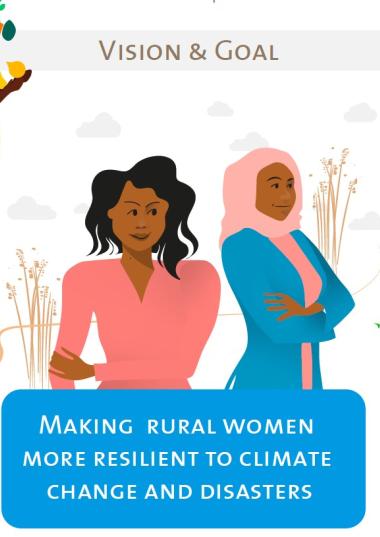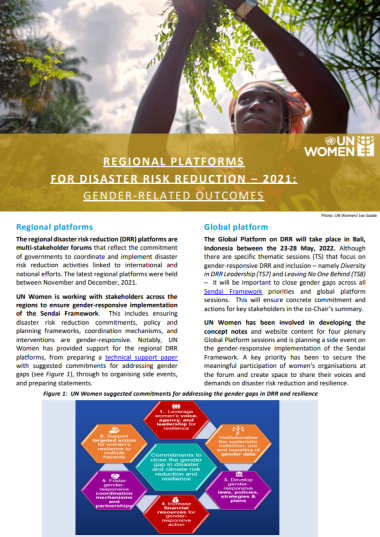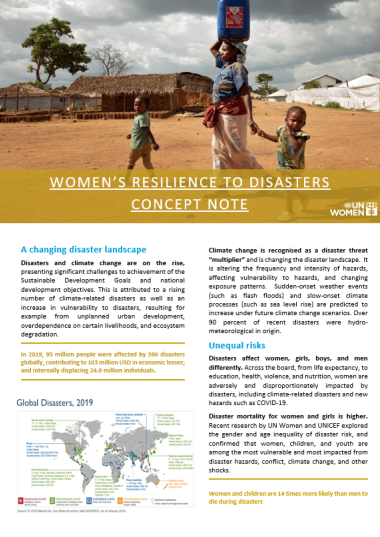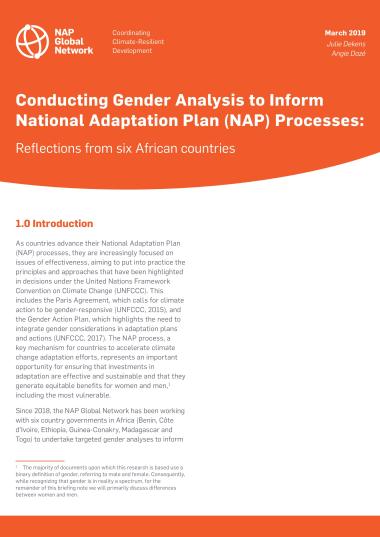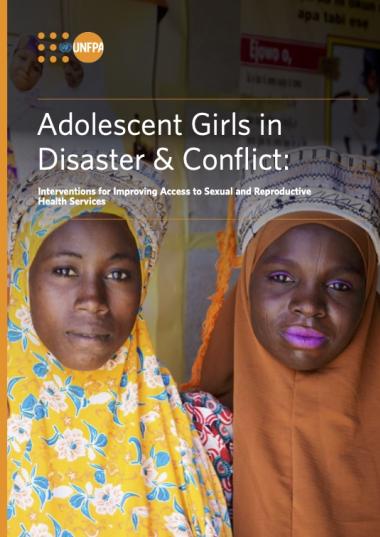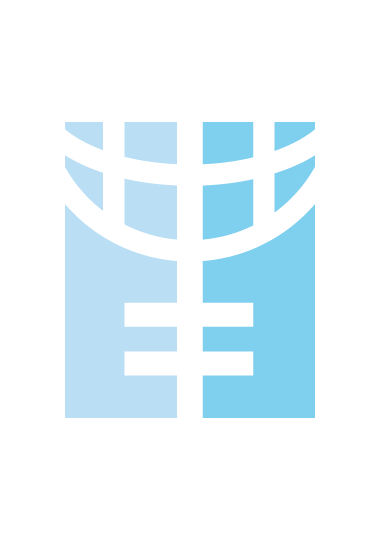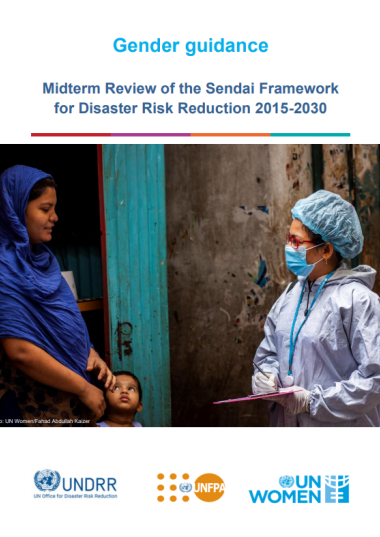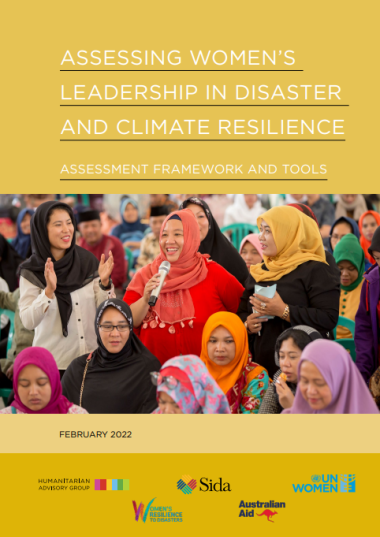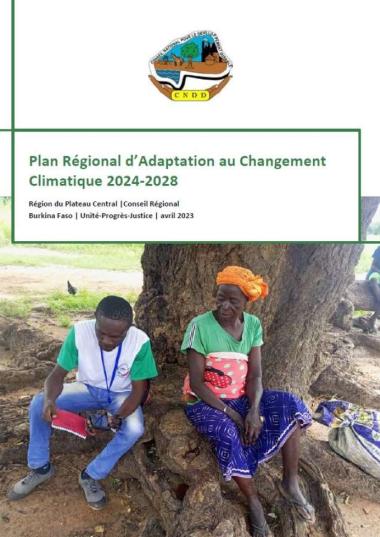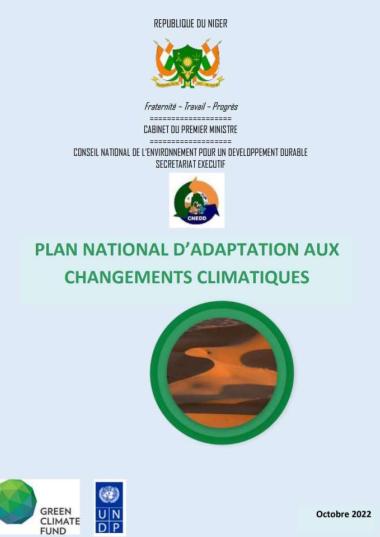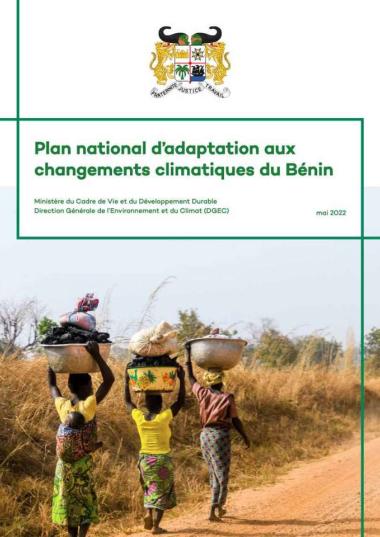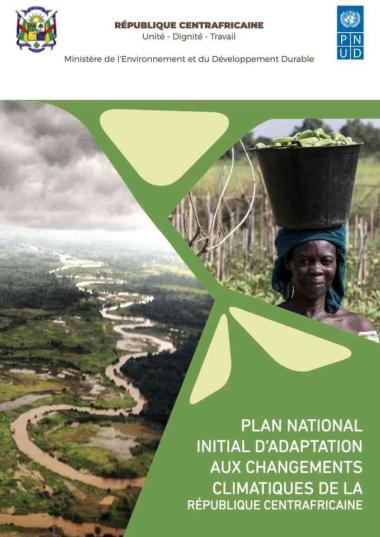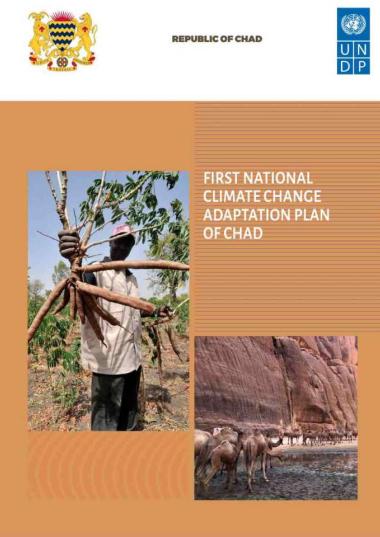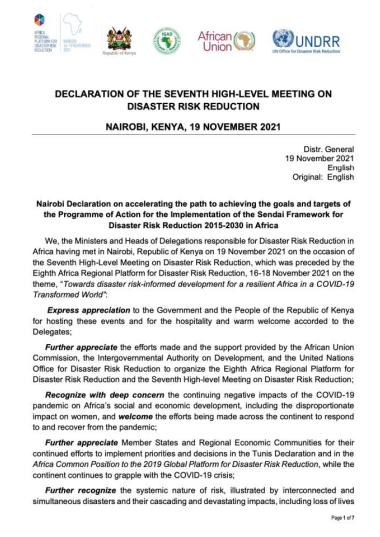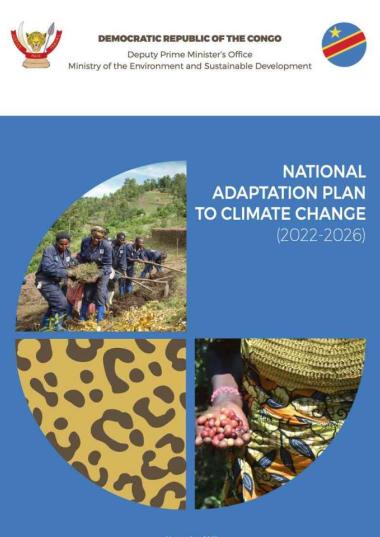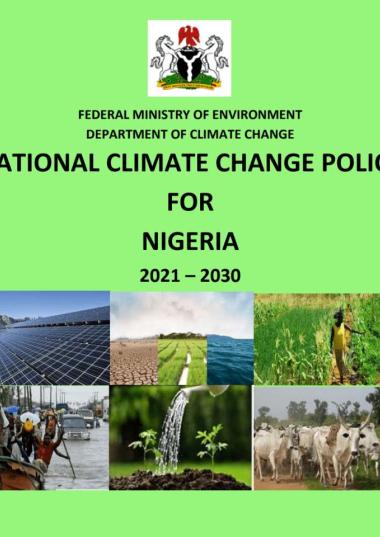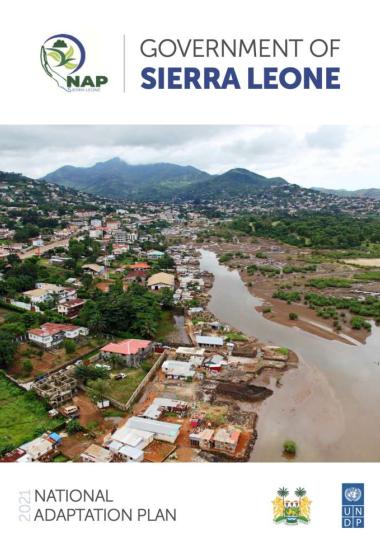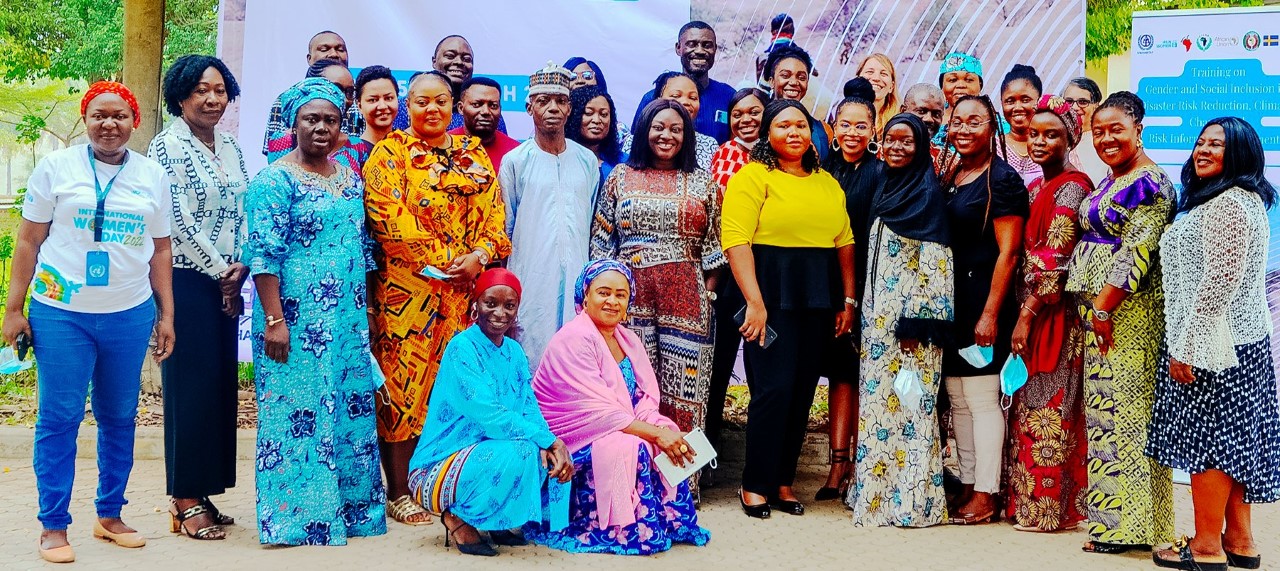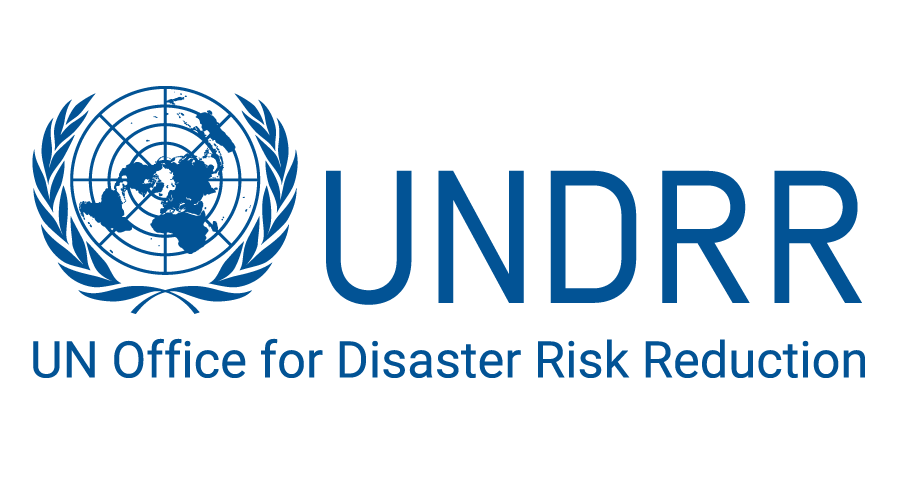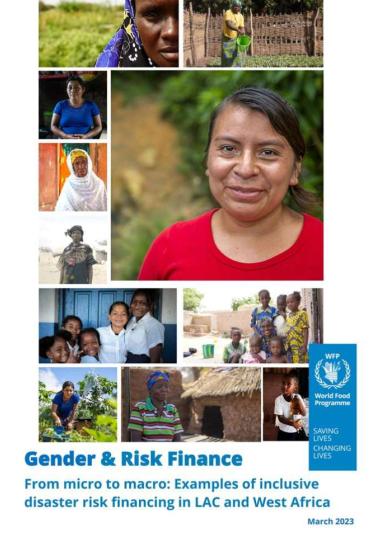
The West and Central Africa region faces a complex humanitarian crisis situation: conflicts, disasters, climate change, chronic vulnerabilities, and endemic poverty.
In the Sahel and Lake Chad Basin, the crisis is deteriorating rapidly with no signs of slowing down. The region is plagued by recurrent hydro-meteorological disasters, including flooding and drought, which exacerbate food insecurity. The situation has further deteriorated due to the COVID-19 pandemic, which has had a disproportionate socio-economic impact on women and girls.
As already existing gender inequalities are exacerbated, women and girls are disproportionally affected, leading to different and uneven levels of resilience and capacity to recover. In addition to having more unpaid care-related tasks and facing increased gender-based violence (GBV), women and girls find themselves lacking skills, access to resources and livelihoods, access to decision-making fora, and are not able to influence life-saving services and decisions due to discriminatory social norms. At the same time, women and women’s organizations play an important role as local first responders in disaster response providing life-saving services to their affected community members and their families.
UN Women’s work in West and Central Africa mainly aims at providing high-quality technical and policy advisory services, generating knowledge, developing tools and capacity development initiatives to support country-level programming. This includes developing strategic partnerships at the regional level that can be leveraged by country offices.
Resilience building initiatives in the region
In this context, generously funded by the Government of Japan, UN Women’s global project ‘Promoting women’s resilience in the Lake Chad Basin Region (LCB programme)’ was implemented from April 2020 to March 2022, covering Nigeria and Cameroon, and complemented by a West Africa regional component and a global knowledge management, normative and coordination component. The LCB programme is a sister programme of the Women's Resilience to Disasters (WRD) programme, and aims to provide a comprehensive package for women’s and girls’ resilience that focuses on rendering prevention, preparedness and response systems/plans gender-responsive addressing gender gaps, inequalities and discrimination.
As a part of the LCB programme, the “Training and South-South knowledge exchange on gender-responsive resilience building” was convened on 8 and 9 December 2021, sharing best practices and lessons learnt among the regions, to connect 'dots' by bringing together normative processes and programmes at global, regional and national level, and to promote the voices from the country and local women rights and women-led organizations informing global normative process. 65 participants from 17 countries including representatives from Women’s Local Organizations (WLO’s) participated in the training, re-visiting the concept of South-South cooperation, the concept of gender-responsive resilience and sharing of significant results and insights from the Lake Chad Basin countries and how to increase advocacy on this important topic locally, regionally, and globally.
Through the LCB programme, the voices of local women leaders were amplified, to influence global processes and decision-making on disaster risk reduction and humanitarian action. At the international conference virtually convened in conjunction with the training, with the presence of the Member States, regional organisations, UN Agencies and NGO partners, 6 local women leaders, youth representative and gender advocates from Nigeria and Cameroon had expressed their recommendations on how best we can work together, to advance gender-responsive resilience building in this region.
